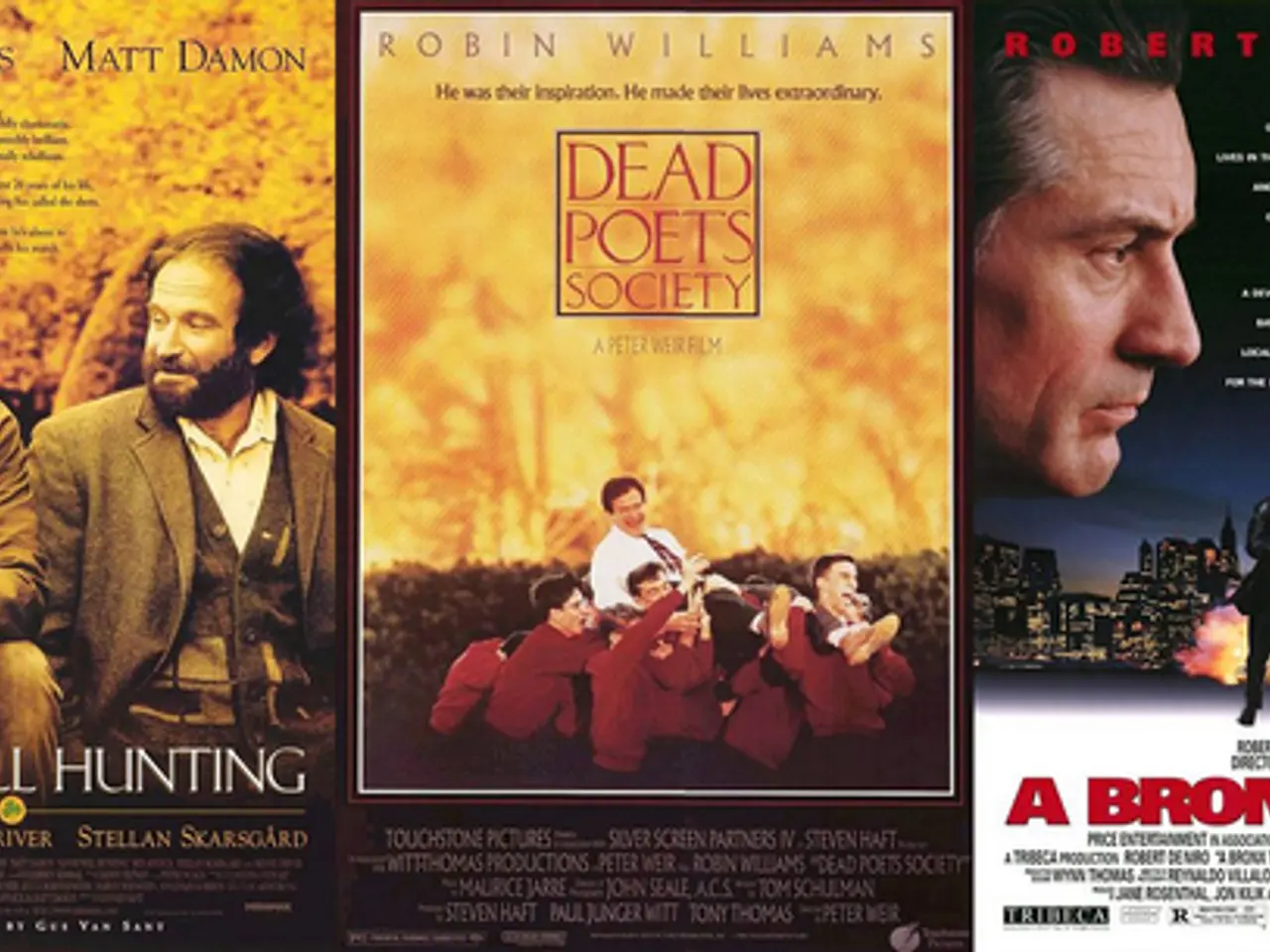Unupgradeable Windows 10 devices left out of Windows 11 security update extension, leaving 400 million users feeling stranded and dissatisfied.
In a move that has sparked controversy, Microsoft's decision to end support for Windows 10 in October 2025 has received backlash, with the Public Interest Research Group (PIRG) leading the charge. The group has initiated a petition, expressing concerns that Microsoft's new options do not go far enough to address the issue of the approximately 400 million Windows 10 PCs worldwide that cannot upgrade to Windows 11 due to stricter hardware requirements [1][3].
PIRG's primary concern is that, when official support ends, these devices will either be insecure or discarded, contributing significantly to electronic waste (e-waste). The group views Microsoft's extension of Windows 10 support by one more year, until October 2026, as a mere "band-aid" rather than a robust solution to this looming sustainability and security crisis [1][3].
PIRG has urged Microsoft to either provide a longer-term support period for Windows 10 or relax the hardware specifications for Windows 11 upgrades to prevent a massive surge in junked computers, which conflicts with broader sustainability goals aimed at reducing e-waste [1][3].
Microsoft's current approach, according to PIRG, "likely won't make a dent" in the number of PCs that could be thrown out or left vulnerable. This situation has sparked heightened frustration among consumers and advocates focused on consumer rights and environmental impact [1][3][5].
In response to the criticism, Microsoft has announced that it will provide extended security updates (ESU) for individual users, with the option to redeem 1,000 Microsoft Reward points or pay $30 for the service [4]. However, this offering has been criticised for being inadequate, as it only extends support for one more year [1][3].
Meanwhile, the group End of 10 has advocated for users to transition to Linux as Windows 10's end-of-life approaches. They emphasise a lack of ads and telemetry tracking as key selling points for switching to Linux [2].
As Windows 11 adoption continues to grow, with a global market share of 47.73% as of June, compared to Windows 10's 48.92%, Microsoft is pushing for Copilot+ PC sales by using Windows 10's end-of-life as a promotional tool [6].
The saga continues, with PIRG's petition and advocacy highlighting the problem but yet to lead to meaningful changes in Microsoft's support policy for Windows 10. The group continues to call for more comprehensive measures to align Microsoft's end-of-life strategy with sustainability and consumer protection goals [1][3].
References: [1] https://www.pirg.org/news/uspirg/microsoft-should-not-cut-off-support-for-windows-10-computers [2] https://endof10.org/ [3] https://www.theverge.com/2023/3/22/22988992/microsoft-windows-10-end-of-life-pirg-petition-extended-support [4] https://www.microsoft.com/en-us/windowsforbusiness/products-and-services/windows-10-long-term-servicing-channel [5] https://www.theguardian.com/technology/2023/apr/15/microsoft-windows-10-end-of-life-pirg-petition [6] https://www.statcounter.com/os/windows/version/all/2023/3
- Microsoft 365 users are eagerly waiting for the next software update, while the controversy surrounding the end of support for Windows 10 continues.
- The Public Interest Research Group (PIRG) is pushing Microsoft to reconsider its decision to stop supporting Windows 10, as it could lead to a surge in electronic waste.
- Microsoft's extension of Windows 10 support until October 2026 is seen as a temporary solution by PIRG, who continues to urge for a more long-term approach.
- In response to criticism, Microsoft has introduced an option for extended security updates (ESU) for individual users, but the offering has been criticized as being inadequate.
- Advocacy group End of 10 suggests transitioning to Linux as Windows 10's end-of-life approaches, citing fewer ads and telemetry tracking as key benefits.
- As more people adopt Windows 11, Microsoft is promoting Copilot+ PC sales, using Windows 10's end-of-life as a promotional tool.
- Despite PIRG's petition and advocacy efforts, Microsoft's support policy for Windows 10 has not yet been changed to align with sustainability and consumer protection goals.




